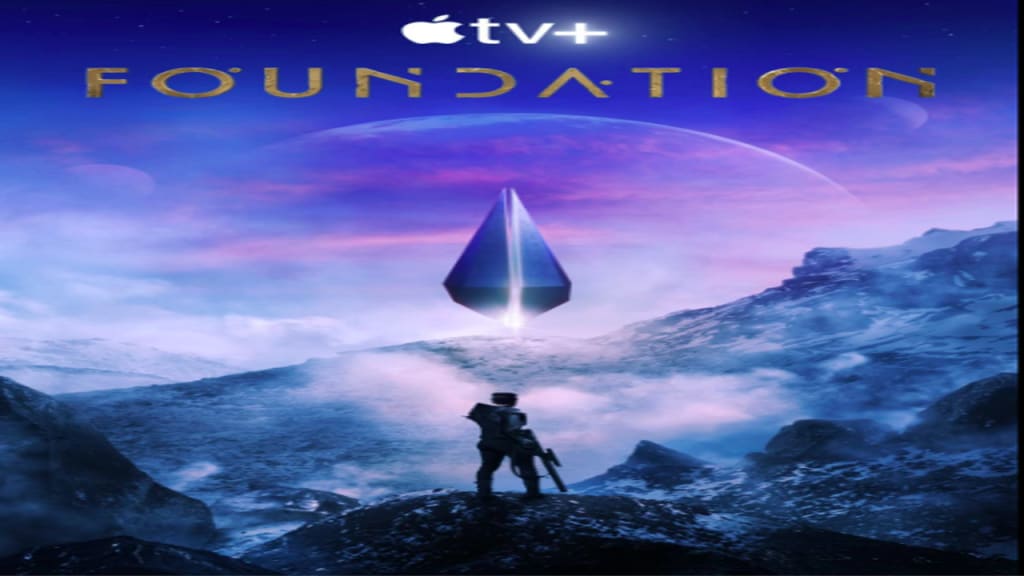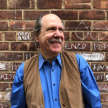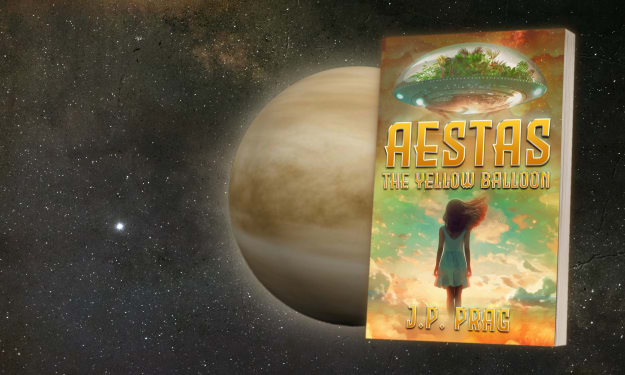Review of 'Foundation' 1.7
Alternate History/Future

I'm going to tell you two things about episode 1.7 of Foundation (which I saw last night, riveted to the screen of Apple TV+), before I warn you about the bombshell spoilers that will follow in this review:
1. This episode 1.7 is by far the best episode in the television series, so far, and the first to truly live up to and in some ways exceed where the story was at this point in Isaac Asimov's writing. I now understand why Isaac's daughter Robin is such a strong supporter of this television series.
2. Yes, the TV narrative differs from the Astounding stories that Asimov wrote in the 1940s, and the way he put them together in the original Foundation trilogy in the early 1950s, and the sequels and prequels he wrote and had published in the 1980s. Those written works start in a place not too far from the beginning of the TV series, but the TV series proceeds to a place very different from but still related to the written stories and novels, and this different TV path is on the deepest level true to its source. The TV series is, in effect, an alternate history/future of what Asimov wrote.
[Here's the spoiler warning ....]
3. We learn in this episode 1.7 why Hari was killed, and what he was doing years later on that ship with Gaal. Most devotees of the Foundation saga have already guessed why Hari was killed -- it was part of his plan, in effect an early expression of the Seldon Plan. In episode 1.7 we find out that although Hari's physical body (including his brain) died in that stabbing, his mind/psyche/soul (take your pick or go with all three) was transferred/uploaded/downloaded (same advice: take your pick or take all three) to that ship on which Gaal discovers Hari. So, Hari's mentality lives. In a hologram or whatever exactly that was. This likely/no doubt will be the expression of the hologram we've been awaiting from Asimov's writings.
4. The scene with Brother Dawn was even better than last week's, which was excellent. The clone story continues to be both a keen piece of science fiction on its own, and one which fits in well with the alternate Foundation story that is the television series. We learn Dawn is more than a little different from Day and Dusk. With his many mutations/differences, he in effect is really their brother, not their clone. This has to have importance in the future of the TV story.
5. Demerzel had her best night, too -- in particular, her conversation with Day in which she explains why she bowed, apparently a profound violation of her programming. In a way, Demerzel may be the equivalent of Dawn -- for some reason, behaving not the way she is supposed to to behave.
6. The reasons for Dawn's and Demerzel's divergences will be crucial parts of the ongoing story, either this season or next.
7. And in some respects, the most momentous for last: What Gaal realizes about herself at the end of the episode, that she can feel the future ahead of her? Welcome to the Second Foundation. She's Preem Palver. I expect we'll see her next season vis-a-vis ... the Mule.
And I'll be back next week with my review of Foundation 1.8!
About the Creator
Paul Levinson
Novels The Silk Code & The Plot To Save Socrates; LPs Twice Upon A Rhyme & Welcome Up; nonfiction The Soft Edge & Digital McLuhan, translated into 15 languages. Best-known short story: The Chronology Protection Case; Prof, Fordham Univ.






Comments
There are no comments for this story
Be the first to respond and start the conversation.